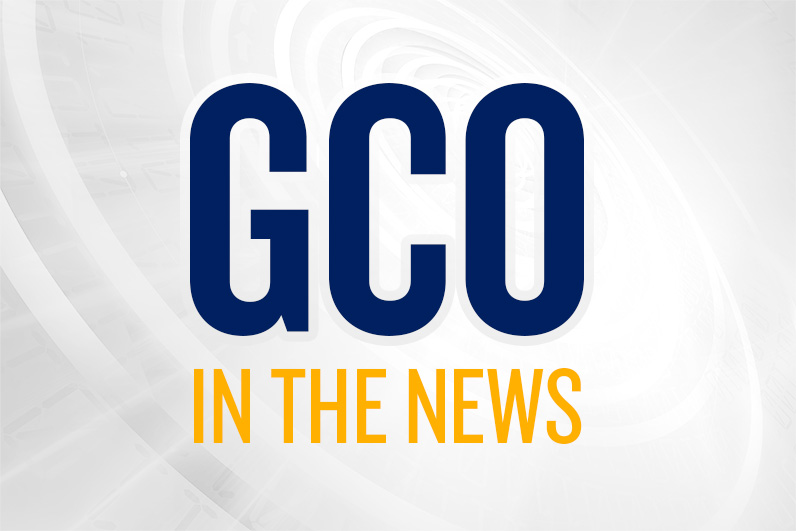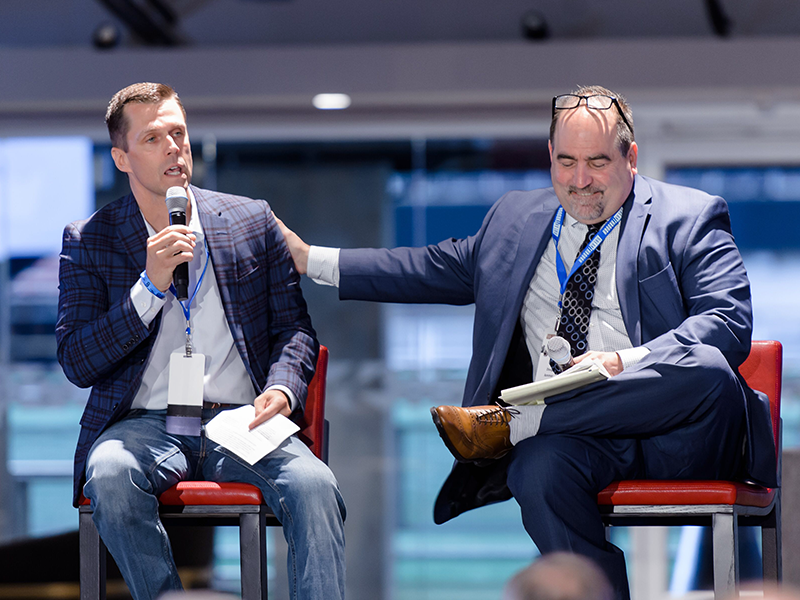The day that Tony Kitchens was released from prison in 1985, he did an unusual thing: He got down on the ground and created a fake “snow angel” on the grass.
“I was elated, but nervous. Free, but I didn’t know anything. The sun was very bright. Red was very red, green was very green,” Tony recalls.
Tony faced significant struggles early in his life. He grew up in segregation-era rural Georgia and Atlanta, in neighborhoods riddled with drugs and crime. His dad was an alcoholic and abused his mom.
Tony was incarcerated as a teenager for 12 years. After his release in 1985, he knew he had a choice to make—follow a path that would lead him back to prison, or make the hard choices that would provide him with a future.
For Tony, the choice was simple: “I knew one thing: Even if I had to sleep in a gutter, I wasn’t going back to prison.”
That’s not to say the road wasn’t challenging. Far from it, in fact.
Digging out after incarceration
At the time, Tony had no job, no formal training, and no education. He didn’t know how to communicate appropriately, and he suffered from feeling like an outsider all the time. He looked for a job, but his criminal record was a huge roadblock.
The big difference came when an employer took a chance on Tony and hired him at a service station pumping gas. The pay was just $5 an hour, and his commute was two hours by bus. But Tony didn’t mind—he was moving forward.
“I was always grateful for the small things, because I know what it was like to have nothing at all. I don’t complain about jobs,” says Tony.
A life transformed
Soon, Tony began to climb the economic ladder, pursuing an education and eventually earning a bachelor’s degree. Another monumental change came in his life when he married and had his son.
“Up to then, I would smoke two packs of cigarettes today. I decided to quit then and there and focus my life on someone other than myself,” Tony says. “That’s when I came to realize the more I focused on other people, the better I felt. I began to understand that everything wasn’t about me.”
Today, Tony has dedicated his life to helping other men and women, just like him, transition to a fulfilling life after prison. He is Field Director for Georgia for Prison Fellowship, and formerly served as a Prison In-Reach Specialist for the Georgia government.
And we’re thrilled to report that Tony recently joined our board of directors here at the Georgia Center for Opportunity.
From prisoner to influencer. And the key driver was a job.
Celebrating work
We’re celebrating the life-transforming power of work all during the month of October. Our groundbreaking, community-driven program Hiring Well, Doing Good offers a unique solution to chronic unemployment across Georgia. Learn more.
As Tony often shares, “I keep all my possibilities on my windshield and my prison experience in the rearview mirror. If you’re always looking in the rearview mirror, you’re going to run into something. In the end, I know that if my prison experience didn’t kill me then, no matter what I face today, I know it won’t kill me.”



 Find out how your business or organization can better serve the unemployed or underemployed in your community.
Find out how your business or organization can better serve the unemployed or underemployed in your community.

